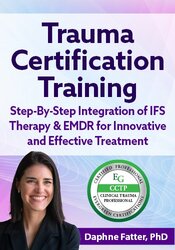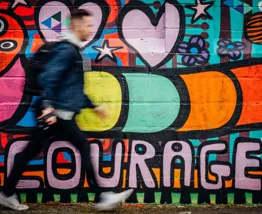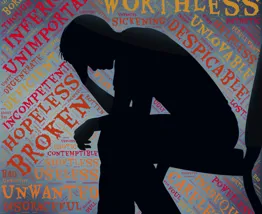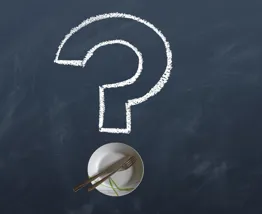Enrol in an online course today for flexible, self-paced learning—no fixed schedule required. Plus, enjoy lifetime access to course materials for convenient revisiting.
Love and psychotherapy (4/5): Community
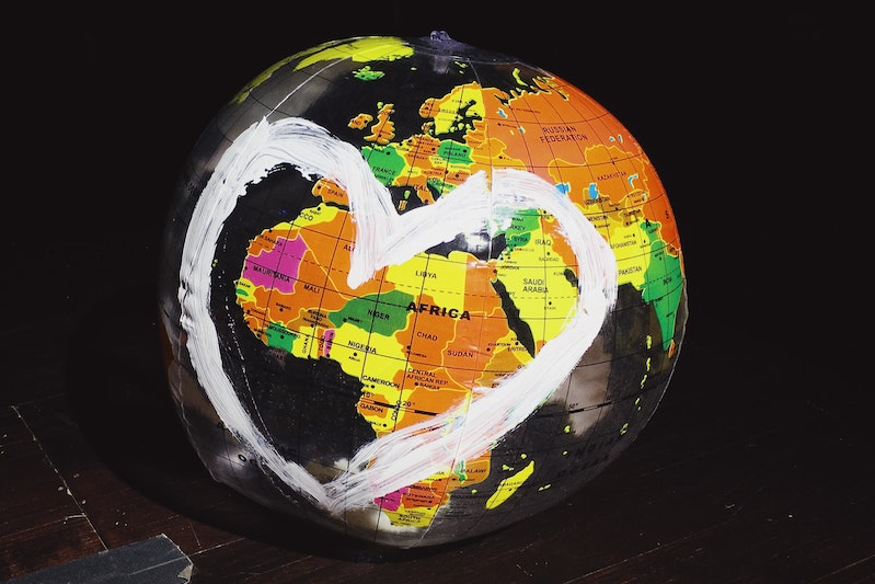
I believe psychotherapy also has to be about being active in the world beyond our consulting room. Often cooperation and community get left out of discussions of love. Yet we can see how the present-day politics of building walls and not bridges is damaging society, and how disenfranchised communities bear the brunt of political and ideological right-wing shifts, neoliberal trajectories and widespread migrant segregation and intolerance.
In my own practice, I have engaged over the years in different community activities. For example, offering free supervision over online platforms to therapists and psychologists working in war zones such as Syria, or with populations or communities impacted by trauma in Africa. It feels important to me that those offering their love and time for free should also be supported in this way.
In this work, supervision offers a reflective space across borders. Jane, who is working in Syria, uses it to share her fears, and to debrief from the trauma work she does and the pain she experiences watching children die from bomb injuries or malnutrition. James, who is working in Libya, tells me that having this supervision space every few weeks offers him, “the reassurance that the love and compassion for humanity will make a difference”.
Another more local instance of extending this love was recognising the difficulties refugee and asylum-seeking women were having accessing local statutory therapy services. I formulated an idea to get donations of food from local wholesalers, and each week have a cooking group. Those who attended began to talk about their experience, sharing their narratives along with the food. Whilst this was not psychotherapy, the impact of human-to-human connection for these otherwise isolated individuals was deeply reparative.
These ways of working more indirectly as a therapist can help address the issue of power with, rather than power over. I believe relational power is strongest where people harness their collective humanity and act together.
Psychotherapists can be agents of change. We have the potential to offer our knowledge about human relationships and dynamics, as well as to exercise relational power, to help create a world in which it will be easier for all individuals to live and love.
How can therapists foster love in community?
- Psychotherapists can engage in social activism, which promotes equality and inclusivity, as well as social justice campaigns for the marginalised in our communities
- We can give public talks or lectures on issues that impact people’s lives and society
- We can offer our thinking about positive solutions, for example through discussion groups such as Café Psychologique
- We can speak out in the media against issues of discrimination and explain their psychological impact, and offer expert opinions within the media
- We can also offer our services to organisations that support those impacted by war and trauma, such as Solace and Freedom From Torture, and organisations that challenge mental health stigma such as the Mental Health Foundation



